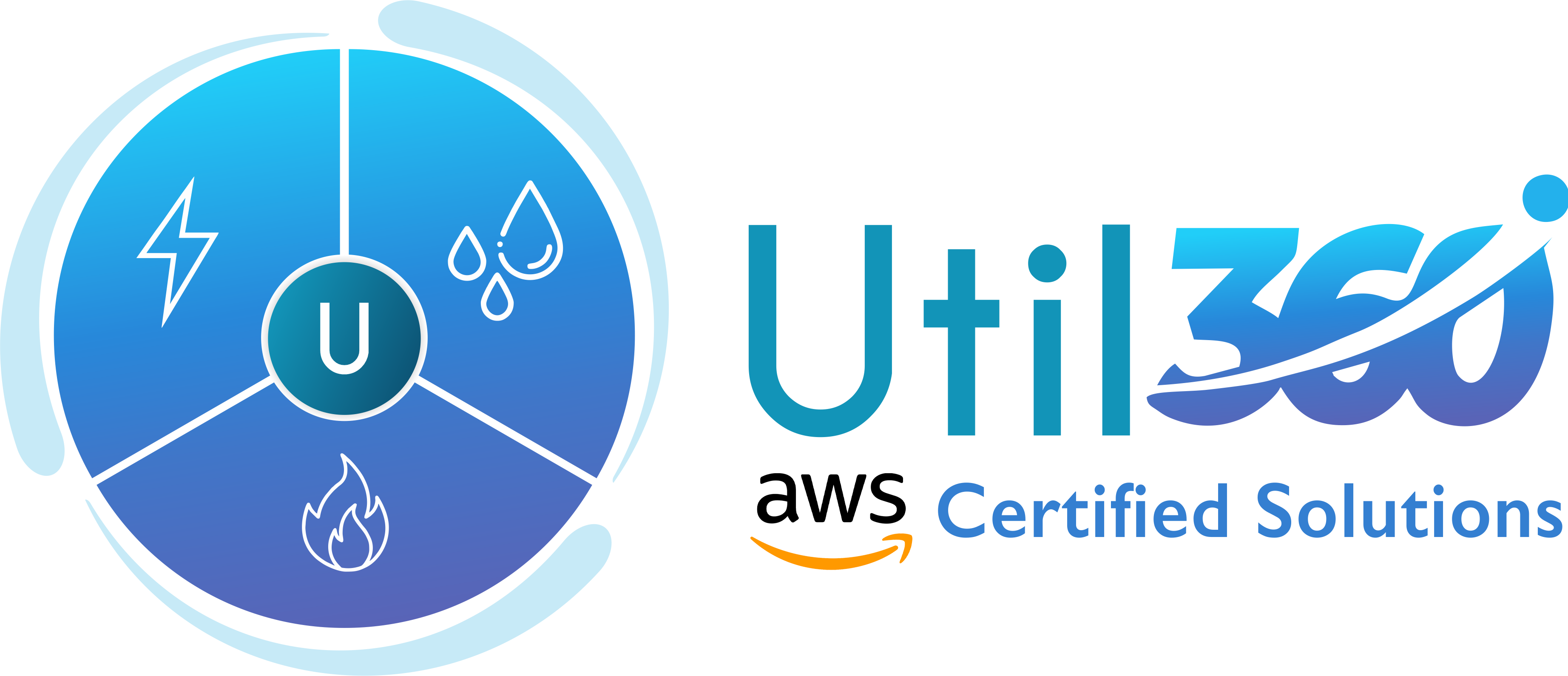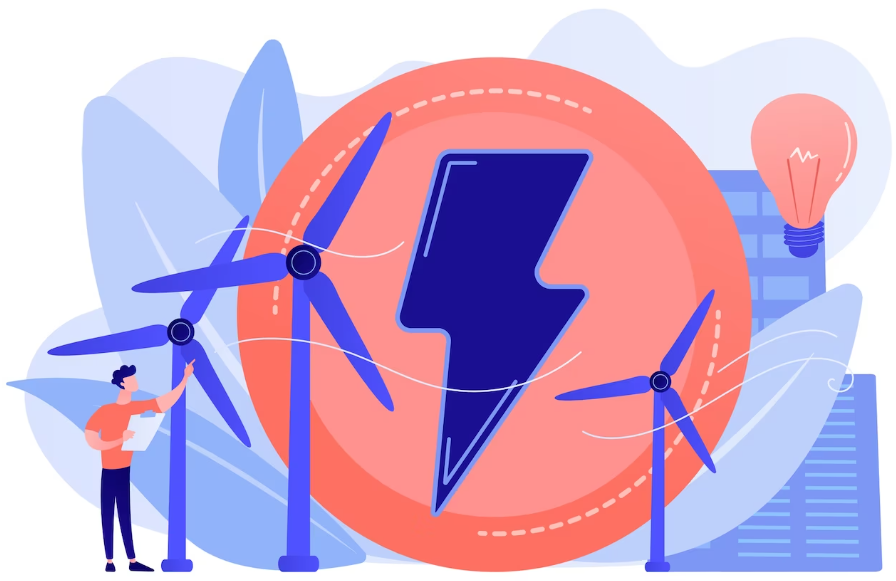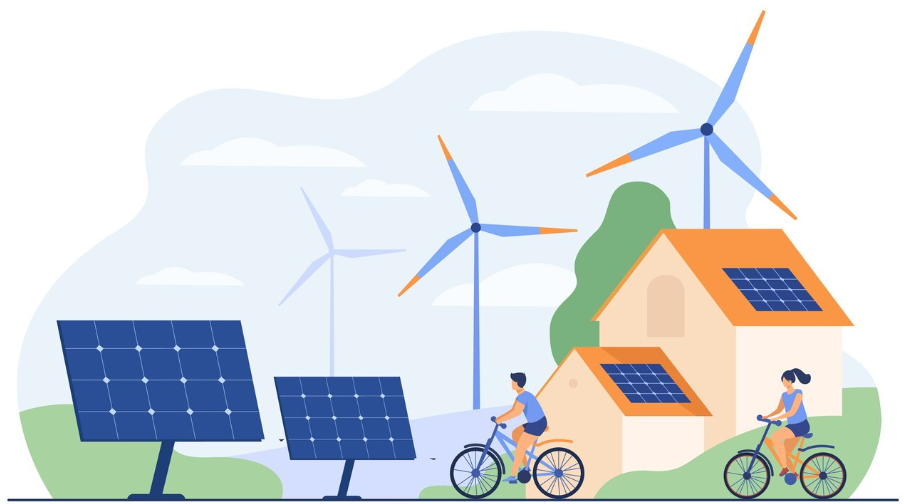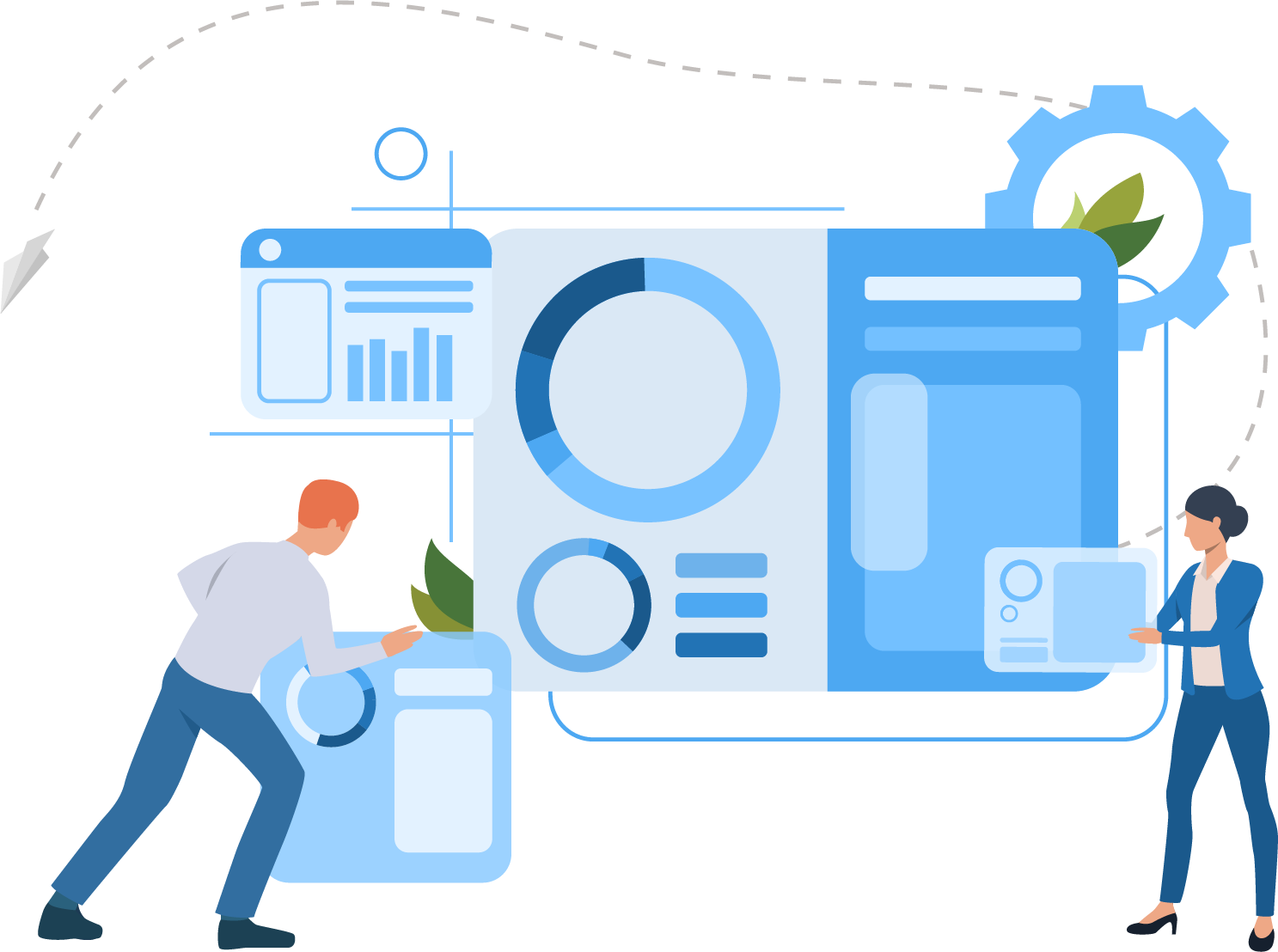
Water scarcity is becoming an increasingly urgent global issue, with climate change, population growth, and industrial expansion putting significant pressure on existing water supplies. One of the most effective ways to address this challenge is through water recycling — the process of treating and reusing wastewater. While conventional methods of water recycling, like wastewater treatment plants, are already in use, new and innovative technologies are emerging that promise to revolutionize the industry. This article explores some of these cutting-edge pathways to water recycling, highlighting the potential for both large-scale and small-scale applications.
What Is Reverse Osmosis?
Reverse osmosis (RO) is one of the most widely used methods for water purification, where water is pushed through a semi-permeable membrane to remove contaminants. As utilities shift toward smarter infrastructure, platforms like our Enterprise Meter Data Management system help monitor and optimize such processes with precision.
Next-Generation Membranes
New membrane designs using materials like graphene are enhancing durability and filtration efficiency while lowering energy use. These innovations support cost-effective applications, especially in desalination efforts tied to broader water industry solutions.
Bio-inspired Membranes
Modeled after natural systems, bio-inspired membranes improve selectivity and water flow, holding promise for the future of wastewater recycling. Integration with utility-wide analytics tools enables smarter performance tracking and maintenance
Decentralized Water Recycling Systems for Localized Treatment
Traditional water systems rely on centralized treatment facilities, but decentralized approaches are gaining momentum for their flexibility and responsiveness.
Benefits:
- Reduced infrastructure cost
- Faster deployment
- Supports underserved areas
Works well with utility billing platforms
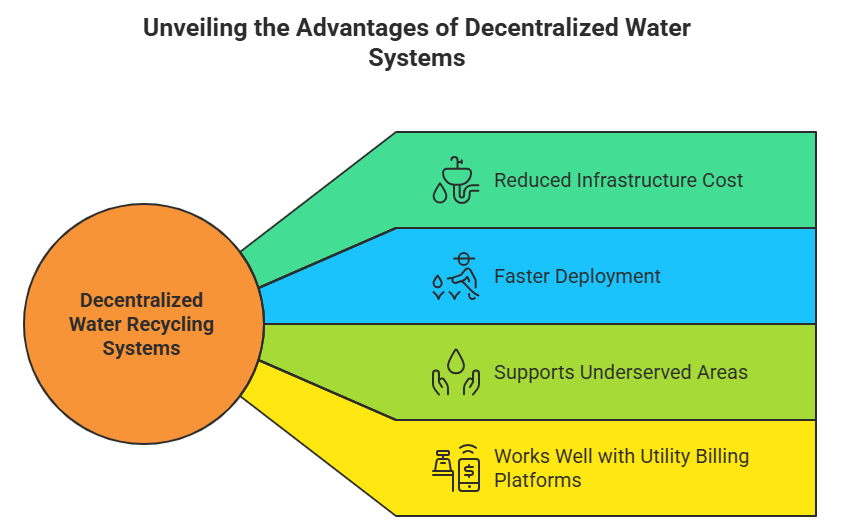
Household and Community Systems
From home greywater reuse to neighborhood-scale solutions, these systems use filters and UV disinfection to repurpose water locally. Our Enterprise Utility Billing Management solution supports accurate consumption tracking and fair billing for these emerging systems.
Small-Scale Municipal Solutions
Municipalities are embracing distributed infrastructure that treats water closer to where it’s used. Our Cashiering & Finance Management tools help these systems operate sustainably with financial transparency.
Zero Liquid Discharge Systems for Wastewater Reduction
Reverse osmosis, evaporation, and crystallization work together to extract reusable water and valuable minerals from wastewater. These approaches can be managed with intelligent monitoring systems available through our meter data platform.
Environmental and Economic Benefits
ZLD reduces environmental impact while lowering water procurement costs, especially valuable for industries in water-stressed regions. It complements solutions already adopted in sectors like electricity and solar utilities.
Aquifer Recharge for Sustainable Groundwater Management
Aquifer recharge involves directing treated water back into underground reserves, helping to stabilize groundwater levels.
How Aquifer Recharge Works
The process includes storing or injecting treated wastewater, which is naturally filtered underground. This supports long-term water availability, especially when combined with enterprise conservation tools.
Challenges and Future Potential
Quality control and long-term sustainability are key concerns. Smart conservation platforms are essential for managing injected water standards and monitoring aquifer health.
AI-Driven Water Treatment Optimization
AI can forecast water demand, detect contaminants, and fine-tune treatment systems. Platforms like ours help utilities reduce operational costs and improve efficiency through real-time decision-making.
Smart Water Sensors
These sensors detect issues like chemical imbalances and help streamline treatment workflows. Combining sensors with digital tools like utility billing management ensures actionable insights and better customer service.
Closed-Loop Agricultural Systems for Efficient Irrigation
Water recycling in agriculture has transformative potential, particularly through closed-loop irrigation methods.
The Role of Hydroponics and Aquaponics
These systems grow plants without soil in nutrient-rich water that can be reused. With energy-efficient practices supported by solar industry solutions, farms can reduce both water and energy usage.
Wastewater Reuse for Irrigation
Treated wastewater, made safe by advanced filtration, is increasingly used for crops. This aligns with sustainable practices promoted in our conservation management platform.
Algae-Based Water Treatment Using Natural Filtration
In controlled environments, algae absorb pollutants while producing useful by-products like biofuels. These systems align with environmental goals and public outreach efforts enabled by platforms like UPrint360, which promote conservation through education.
How It Works:
- Algae absorb pollutants in ponds or photobioreactors
- Excess nutrients and heavy metals are removed
- Produces biofuels
- Create Animal feed
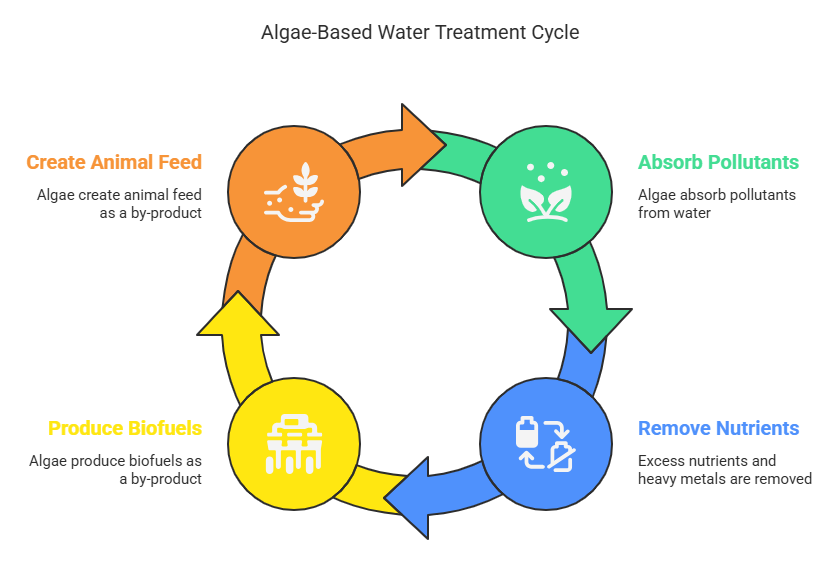
Potential for Large-Scale Applications
Algae-based methods are evolving rapidly and may soon serve cities and industries alike. As part of a holistic utility management plan, they complement modern digital monitoring tools and reinforce sustainability.
The Future of Water Recycling
The future of water recycling lies in bold innovation—membranes, AI, algae systems, and smart irrigation are just the beginning. Util360 empowers water utilities with end-to-end solutions—from metering and billing to conservation management and public engagement via UPrint360. Together, we can turn today’s water challenges into tomorrow’s opportunities.
Book a Demo
Organizations looking to future-proof their utility infrastructure should consider platforms like Util360, which offer comprehensive solutions for billing, meter data management, conservation, and financial operations. By bringing together smart technologies under one unified system, Util360 empowers utility providers to rise to today’s challenges and lead with resilience, reliability, and innovation.
